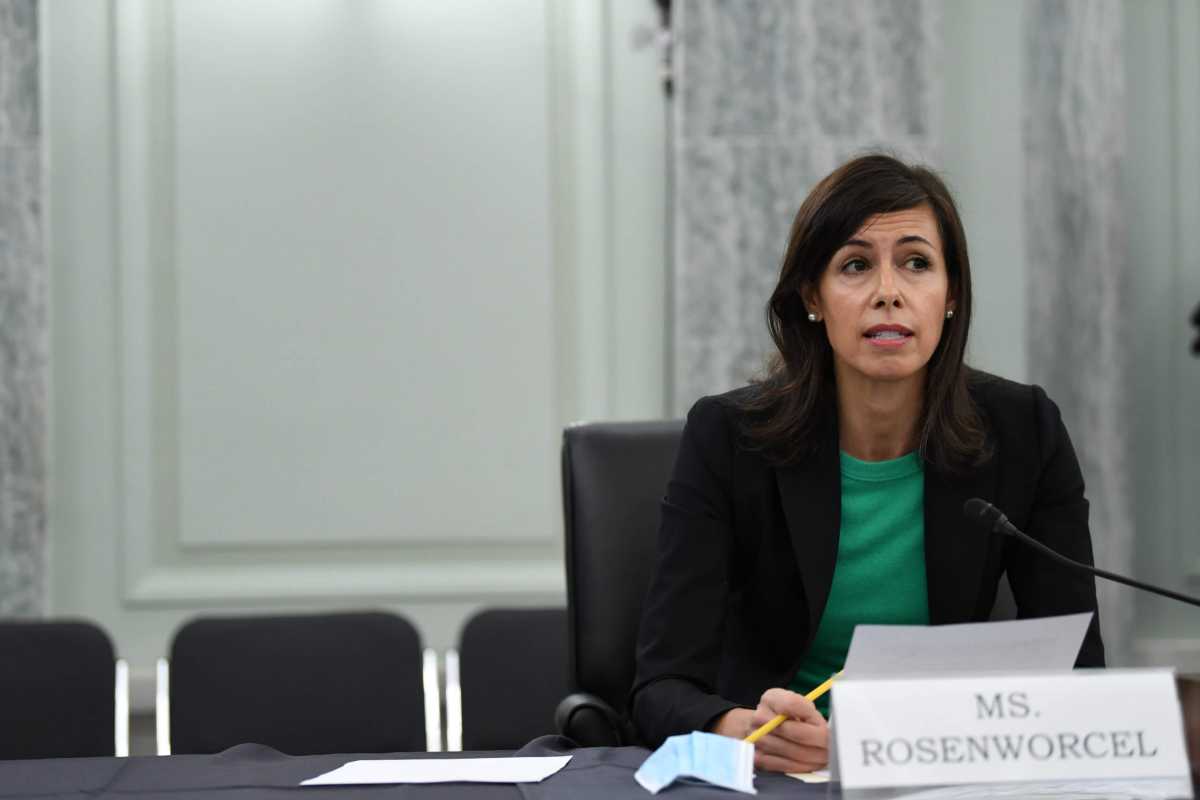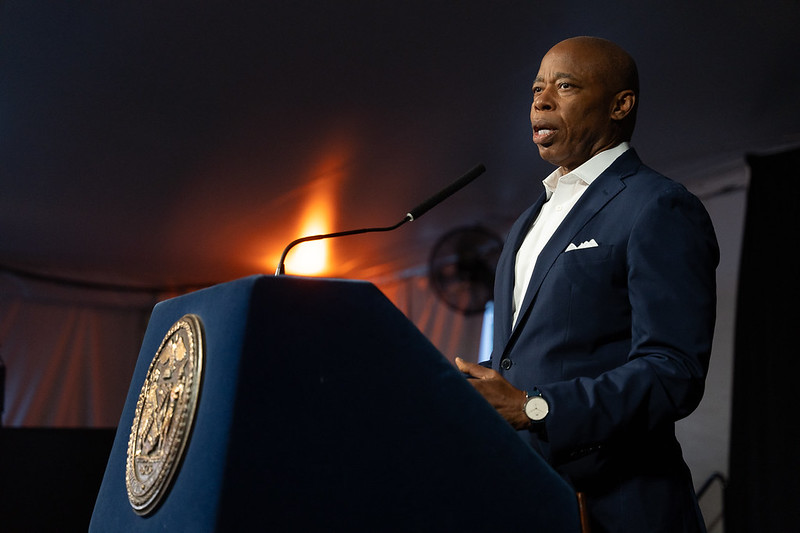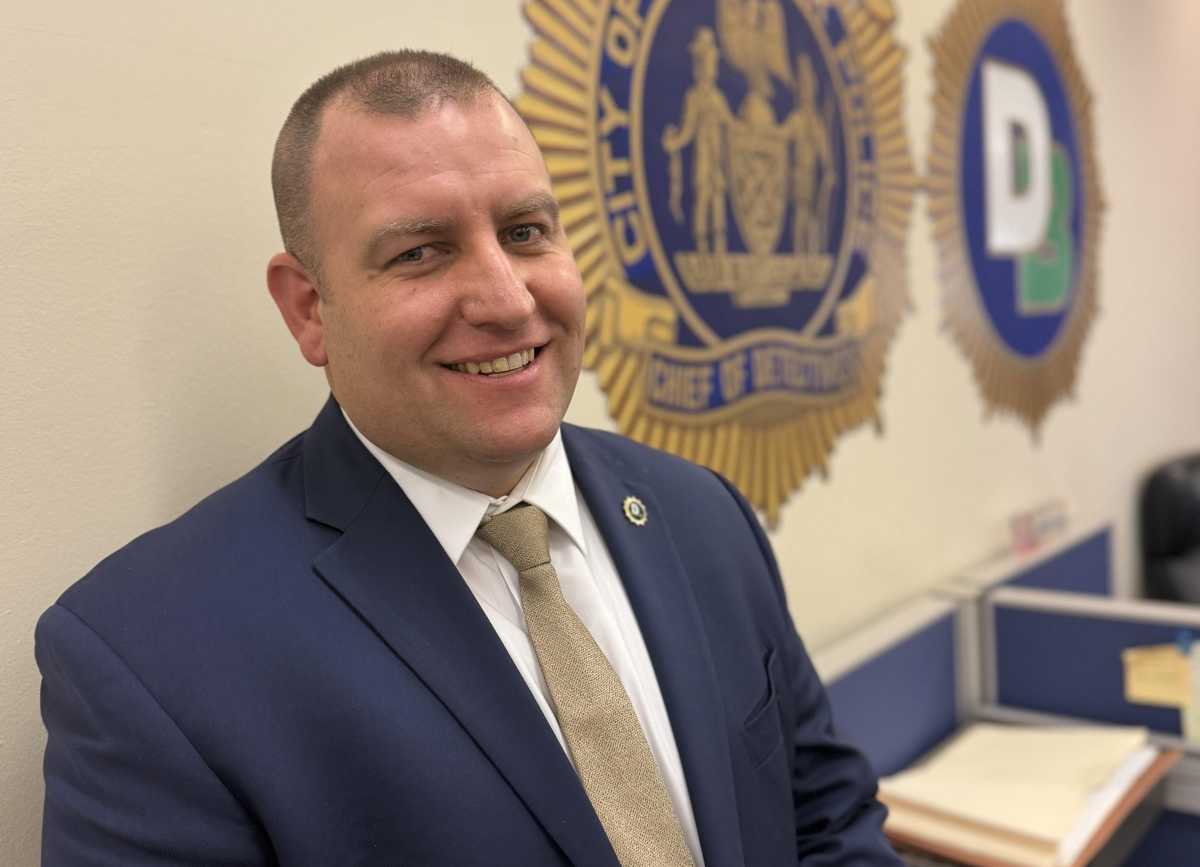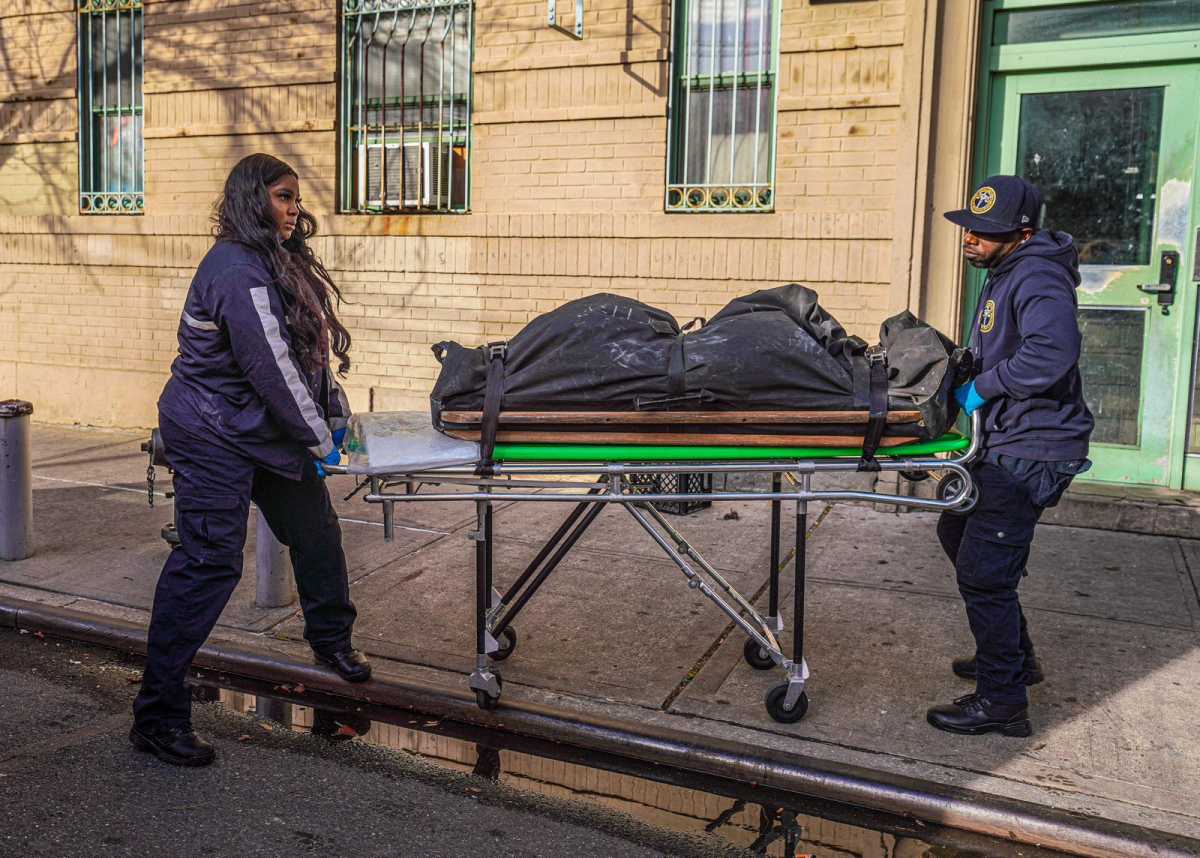Over the past year and a half, during this unprecedented pandemic, workers and their families have struggled to adapt to a new way of life.
We often talk about how there is no one who was left untouched by the pandemic, but we also need to be clear that this pandemic disproportionately impacted communities of color; this pandemic hardest hit the same communities that already had to deal with the worst inequities before.
The same communities that did not have access to affordable and quality healthcare before the pandemic had the worst health outcomes during it. The same communities that had the highest rates of unemployment and the least family wealth before the pandemic were the ones most financially devastated by it.

And, yes, the same students who already went to underfunded public schools were the same students that were hit the hardest by the homework technology gap.
There are so many areas in which we have to fight for equity, and as we continue to see jobs, schools and even medical care facilities going in and out of being fully remote, I can’t stress enough how important it is to have a strong Federal Communications Commission that will fight for all Americans to access the internet.
Whether we want to or not, we are all being asked to be on the internet more than ever.
Acting FCC Chair Jessica Rosenworcel has made digital equity the heart of her agenda, and we can’t afford to let such an important agency fall into the hands of anti-worker bureaucrats. President Biden must nominate her for a permanent chair immediately.
Since her appointment in January, Rosenworcel used her power to make sure all our students had access to the internet, which has been a priority for her ever since she coined the term “homework gap” in 2015. The homework gap refers to the reality for students who can access the internet and computers at school, but do not have consistent access at home for homework. Here in New York City, especially in the Bronx, we saw in particular how disproportionately working-class communities of color were hit by the “homework gap.” We saw how our children suffered. Through the Emergency Connectivity Fund, Rosenworcel used the FCC’s emergency powers to lend out $1.2 billion for Wi-Fi hotspots, tablets, computers, and broadband to schools and libraries across all 50 states.
Rosenworcel has worked day and night to make broadband accessible for working families. When the pandemic moved so much of our lives online, families without high-speed internet connections were in danger of being left behind. In response, she launched the $3.2 billion Emergency Broadband Benefit Program (EBB) to help low-income households get discounted broadband service and device reimbursements. In the first week of this program, more than 1 million households enrolled, making clear the dire need for programs like this to close our digital divide.
Beyond her efforts to close the homework gap and expand accessible broadband to all Americans, Rosenworcel knows that a free and fair internet is critical for economic equity and the health of our democracy. She was one of the loudest voices advocating against President Trump’s rollback of net neutrality rules, which risk creating a two-tiered internet; one for working Americans, and a faster one for the rich. This summer she loudly supported President Biden’s executive orders calling for the restoration of net neutrality laws.
With $65 billion allocated to expanding high speed internet should Congress pass the Infrastructure Investment and Jobs Act, much of which will be administered by the FCC, it’s critical that organized labor and working people have an ally ensuring that the funds are distributed equitably. With Rosenworcel as permanent chair, we can trust that the $40 billion earmarked to expand high-speed internet to unserved areas will go to the communities that need it most; we can be confident that it will protect consumers and create and maintain good jobs for the workers who will be literally bringing internet to the rest of the country.
I came up in the labor movement, and when you see a coalition of labor standing beside someone as they are with acting FCC Chair Rosenworcel, you better stop and listen. She’s earned the support of some of our nation’s largest labor unions. The presidents of the American Federation of Teachers (AFT), Communications Workers of America (CWA), the International Brotherhood of Electrical Workers (IBEW), the National Education Association (NEA) and the Service Employees International Union (SEIU) signed onto a joint letter to President Biden urging him to confirm Jessica Rosenworcel as permanent chair. Together, they stress Rosenworcel’s “focus on greater opportunity, accessibility, and affordability in our communications services and her tireless advocacy on behalf of workers, educators, students, families and consumers has never been more important.”
The joint letter from these five labor unions on behalf of their nearly 8 million members speaks volumes, and we have to listen. President Biden has already done the hard work of searching for a qualified candidate to lead the FCC.
Adding additional urgency, if President Biden doesn’t act now, beginning in January, the FCC will be controlled by Trump Republicans who will enact an anti-worker agenda.
We need President Biden to swiftly nominate Rosenworcel as permanent chair so the Senate can vote to confirm a true ally to working people.


























